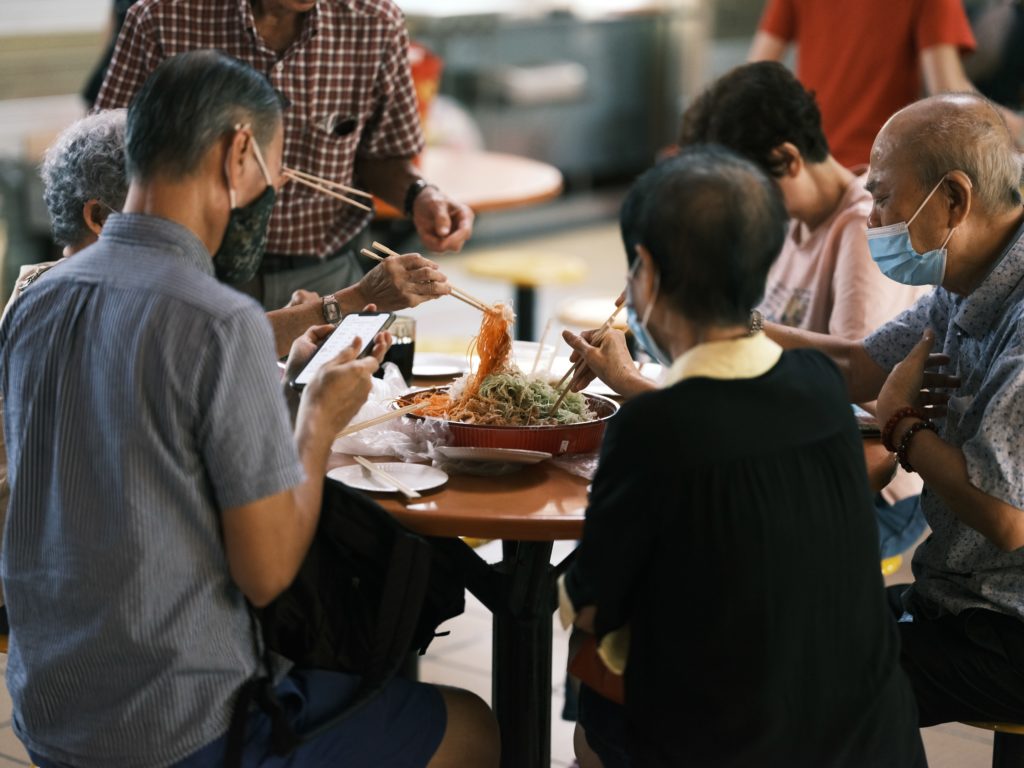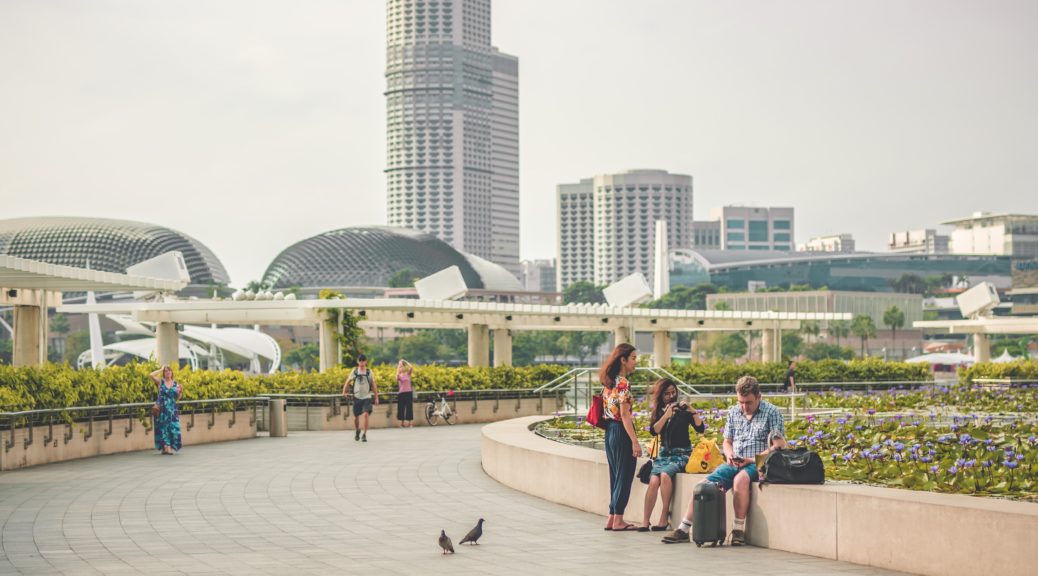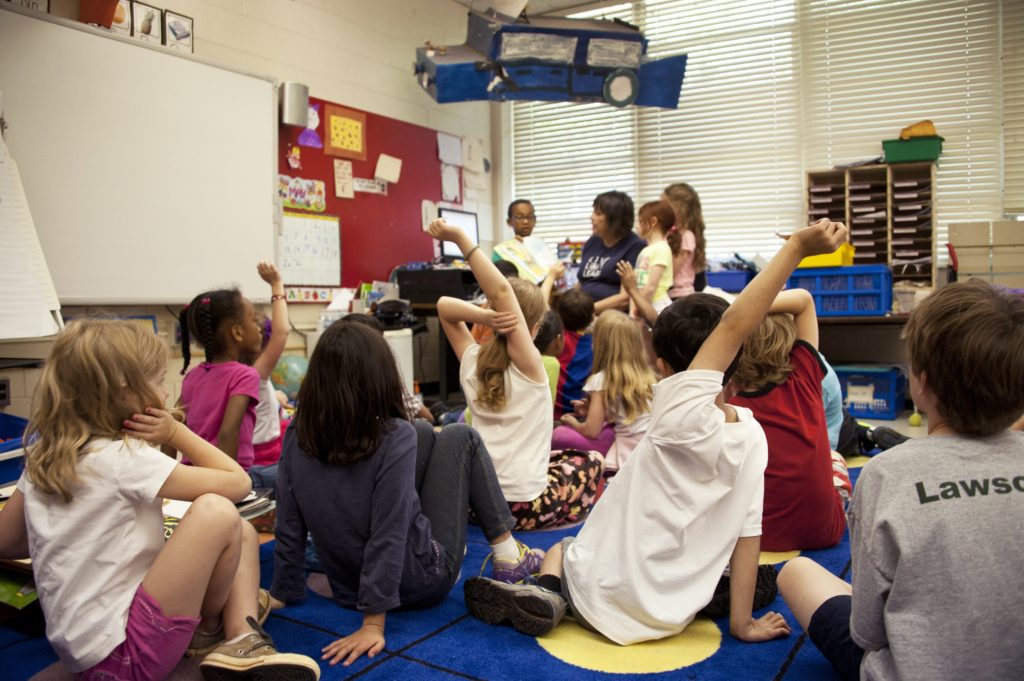By Eric Chow
Over summer break, I traveled to Singapore to visit some friends and family and to learn more about the country. When I arrived, I was interested to see how many different combinations of languages are spoken there. Something I noticed when I was there was that both Mandarin and English were spoken in equal frequency. However, in some cases, the English that was spoken oscillated between American and British styles of English. Coming across someone who spoke perfectly fluent English was few and far between. In Singapore, English is spoken in two main forms: Singaporean Standard English (indistinguishable grammatically from Standard British English) and Singapore Colloquial English (better known as Singlish).

Singapore is a cosmopolitan city, with 37% of its population born outside the country. Singaporeans, even those of the same ethnic group, have many different first languages and cultures. Standard Singapore English is the standard form of English used in Singapore. It generally resembles British English and is often used in more formal settings such as the workplace or when communicating with people of higher authority such as teachers, bosses, and government officials. In Singapore, English is a working language that serves the economy and development and is associated with the broader global community. Meanwhile, the rest of the languages spoken are “mother tongues” that are associated with the country’s culture. Although Standard Singapore English is mainly influenced by British English and, recently, American English, there are other languages that also contribute to its use on a regular basis. Most Singaporeans speak more than one language, with many speaking three to four. Most Singaporean children are brought up bilingual. They are introduced to Malay, Chinese, Tamil, or Singapore Colloquial English (Singlish) as their native languages, depending on their families’ ethnic backgrounds.

The role that English plays is so important that the Singapore government aimed to improve English speaking throughout the country. The wide use of Singlish led the government to launch the Speak Good English Movement in Singapore in 2000 to replace Singlish with Standard English. This movement was made to show the need for Singaporeans to speak Standard English. Nowadays, all children in schools are being taught Standard English with one of the other official languages being taught as a second language. It was so fascinating to me to see how languages have developed in other countries with a lot of cultural diversity. If you have a chance to, I recommend visiting Singapore to check this out for yourself!
Featured Image by Jeremy Julian on Unsplash
Eric is a first year undergraduate majoring in Philosophy, politics, and Economics and Business Administration. He spent most of his life in San Diego but he moved to Shanghai and then Taiwan. Being an international student, he understands the struggles of crossing a new language barrier. He is both a native speaker of Chinese and English and has extensive experience in mentoring and public speaking. On campus, he is involved with Troy Camp which specializes in both academic and non-academic mentorship. Outside of campus, he plays the piano, works out, swims, and reads comic books.






